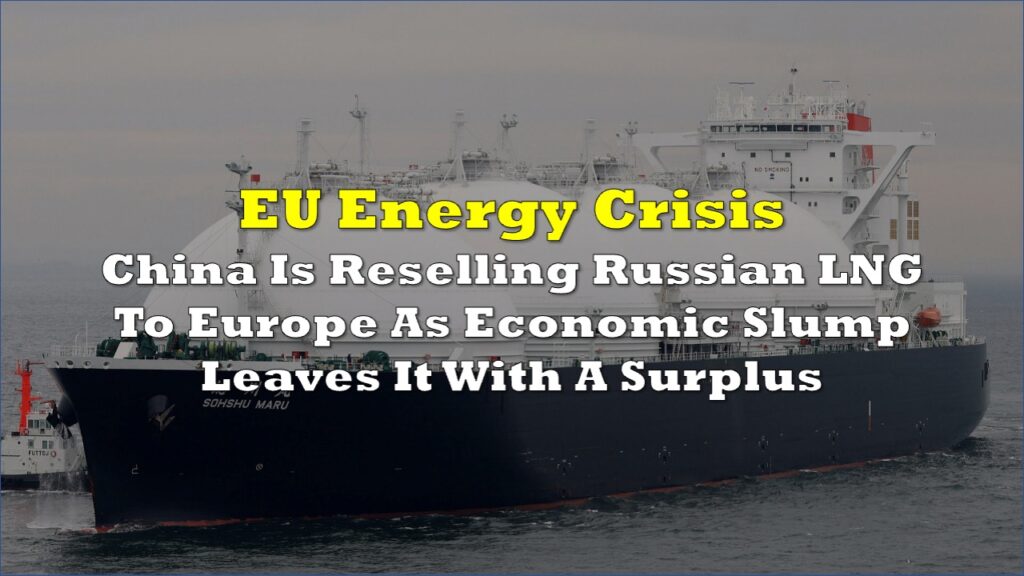Chinese president Xi Jinping is making a landmark visit to the Middle East— the first of its kind in almost seven years, making strategic partnerships on all things energy, defence, and investment.
HRH Crown Prince of Saudi Arabia 🇸🇦, Mohammed Bin Salman Al-Saud, welcomes the President of China 🇨🇳 , HE Xi Jinping, to the Arab world. 🤝
— Ebrahim Hashem 李思瑞 إبراهيم هاشم (@EbrahimHashem) December 8, 2022
pic.twitter.com/n39D0hTYph
Ahead of a series of summits hosted by Saudi Arabia for Xi and other Gulf Arab leaders, the Chinese president met with King Salman on Thursday to sign over 20 various agreements totalling $29 billion. “Saudi Arabia and China endeavor to enhance cooperation in the energy sector supply chains, by establishing a regional center for Chinese factories in the kingdom by taking advantage of the kingdom’s distinguished location among the three continents of Asia, Africa and Europe,” Saudi Energy Minister Prince Abdulaziz bin Salman described the meetings earlier on Wednesday.
President Xi Jinping met with King Salman bin Abdulaziz Al Saud of Saudi Arabia. China sees Saudi Arabia as an important force in the multi-polar world and attaches great importance to developing the comprehensive strategic partnership with #SaudiArabia. pic.twitter.com/yCj1l3Ou3l
— Hua Chunying 华春莹 (@SpokespersonCHN) December 9, 2022
Although specific details of the agreements weren’t revealed, the deals are related to hydrogen energy, judiciary, language education, housing, direct investment, broadcast media, digital economy, economic development, standardization, news coverage, tax administration, and anti-corruption. But, more importantly, the two authoritarian nations also strengthened energy ties— to the ire of Washington. According to China’s customs data, Saudi Arabia supplied 18% of China’s total crude imports in the first ten months of 2022, with oil purchases totalling 1.77 million barrels per day.
President Xi’s state visit to Saudi Arabia will elevate the China-Saudi Arabia comprehensive strategic partnership to a new height. pic.twitter.com/vNgyvbL8yZ
— Spokesperson发言人办公室 (@MFA_China) December 7, 2022
“Energy cooperation will be at the center of all discussions between the Saudi-Chinese leadership,” said head of Eurasia Group’s Middle East and North Africa research team Ayham Kamel, as cited by CNN. “There is great recognition of the need to build a framework to ensure that this interdependence is accommodated politically, especially given the scope of energy transition in the West.” Meanwhile, Prince Abdulaziz bin Salman assured that China’s energy sector can always rely on Saudi Arabia, revealing the two powers will make investments in integrated refining and petrochemical complexes in both nations.
“The Saudis are concerned about losing market share in China in the face of a tsunami of heavily discounted Russian and Iranian crude,” he said. “Their goal is to ensure China remains a loyal customer even when the competitors offer [a] cheaper product,” commented Institute for the Analysis of Global Security co-director Gal Luft, according to CNN. Aside from continued oil supplies to China, Saudi Arabia is also allegedly preparing to accept yuan for some of its crude sales rather than the US dollar, as per the Wall Street Journal.
Such a move would sour relations between Saudi Arabia and Washington even more, particularly after US President Joe Biden was snubbed by the kingdom when he attempted to lobby against OPEC’s planned output cuts back in October. Saudi Arabia and the US have a “petrodollar system” in place that requires the kingdom to sell its crude in exchange for US dollars only, while holding part of its reservers in US Treasuries. The long-standing agreement helps maintain the greenback’s status as the global reserve currency and main payment method for numerous commodities.
“In the near future, Saudi Arabia could sell some of its oil and receive revenues in Chinese yuan, which makes economic sense as China is the kingdom’s top trading partner,” explained Italian think tank ISPI senior associate research fellow Naser Al Tamimi. “Both parties are overexposed to the US currency and there is no reason for them to continue to conduct their bilateral trade in a third party’s currency, especially when this third party is no longer a friend of either,” continued Luft.
Information for this briefing was found via CNN, The Wall Street Journal, and the sources mentioned. The author has no securities or affiliations related to this organization. Not a recommendation to buy or sell. Always do additional research and consult a professional before purchasing a security. The author holds no licenses.









